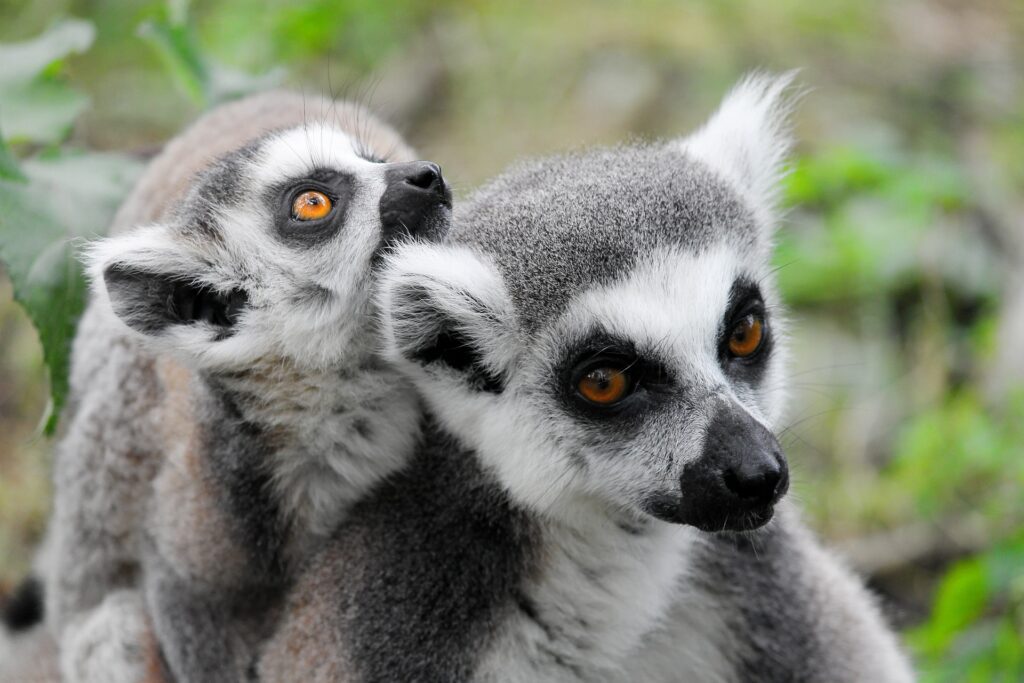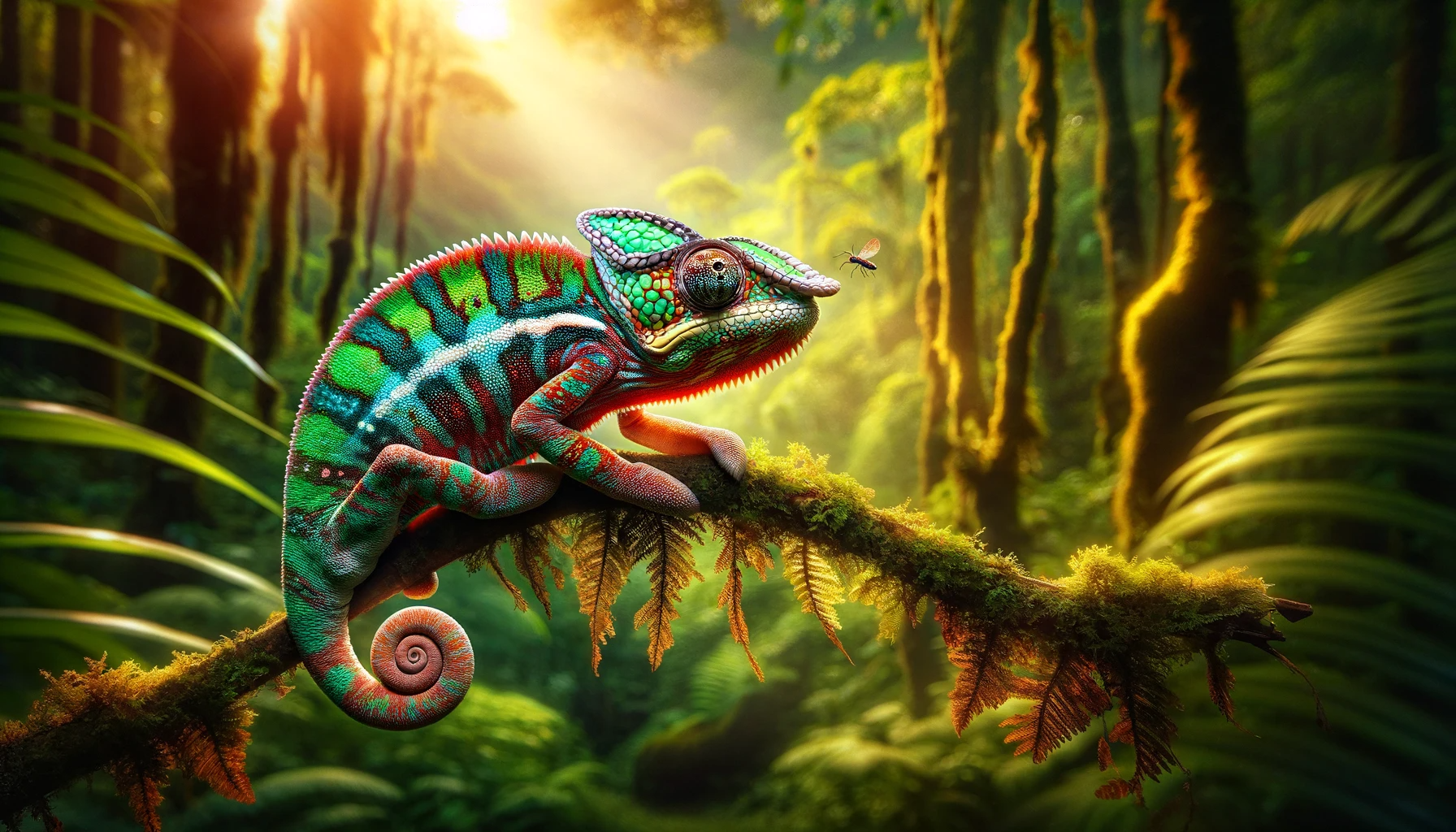Madagascar, an island nation off the southeast coast of Africa, is the fourth largest island in the world and is renowned for its unique biodiversity and distinctive ecosystems. Isolated from the mainland for millions of years, it is home to thousands of species of plants and animals found nowhere else on Earth, like lemurs and baobab trees.
List of National and Public Holidays in Madagascar for the year 2025
- New Year’s Day is on Wednesday, 1st January 2025.
- Women’s Day is on Saturday, 8th March 2025. *
- Martyrs’ Day is on Saturday, 29th March 2025.
- Id al Fitr is on Sunday, 30th March 2025. *
- Easter Sunday is on Sunday, 20th April 2025.
- Easter Monday is on Monday, 21st April 2025.
- Labour Day is on Thursday, 1st May 2025.
- Ascension Day is on Thursday, 29th May 2025.
- Id al Adha is on Friday, 6th June 2025. *
- Whit Sunday is on Sunday, 8th June 2025.
- Whit Monday is on Monday, 9th June 2025.
- Independence Day is on Thursday, 26th June 2025.
- Assumption Day is on Friday, 15th August 2025.
- All Saints’ Day is on Saturday, 1st November 2025.
- Christmas Day is on Thursday, 25th December 2025.
*Please note that the dates for Women’s Day, Id al Fitr, and Id al Adha may vary slightly based on the lunar calendar.
List of National and Public Holidays in Madagascar for the year 2024
- New Year’s Day: Monday, January 1, 2024
- International Women’s Day: Friday, March 8, 2024
- Ramadan Start: Monday, March 11, 2024
- Martyrs’ Day: Friday, March 29, 2024
- Easter Sunday: Sunday, March 31, 2024
- Easter Monday: Monday, April 1, 2024
- Eid al-Fitr: Wednesday, April 10, 2024
- Labor Day: Wednesday, May 1, 2024
- Ascension Day: Thursday, May 9, 2024
- Whit Sunday: Sunday, May 19, 2024
- Whit Monday: Monday, May 20, 2024
- Eid al-Adha: Monday, June 17, 2024
- Independence Day: Wednesday, June 26, 2024
- Assumption of Mary: Thursday, August 15, 2024
- September Equinox: Sunday, September 22, 2024
- All Saints’ Day: Friday, November 1, 2024
- Christmas Day: Wednesday, December 25, 2024
- New Year’s Eve: Tuesday, December 31, 2024
History
- Early Settlements: Madagascar was first settled by Austronesian peoples from Borneo around the first millennium AD, followed by Bantu migrations from East Africa.
- Kingdoms and Societies: Various kingdoms and tribal societies developed, the most notable being the Merina Kingdom in the 19th century.
- Colonial Era: The French colonized Madagascar in 1895, incorporating it as an overseas territory and influencing its culture, language, and administrative system.
- Independence: Gained independence from France in 1960. Post-independence, the country has experienced periods of political instability, including military coups, contested elections, and civil unrest.
Geography
- Island Nation: Located in the Indian Ocean off the southeastern coast of Africa, Madagascar is the fourth-largest island in the world.
- Diverse Landscapes: Features unique geography, including rainforests, deserts, mountains, and extensive coastlines.
- Climate: Varies from tropical along the coast, temperate inland, and arid in the south.

Culture
- Ethnic Groups: Comprises a diverse mix of ethnicities, predominantly of Austronesian and Bantu origin. The largest ethnic group is the Merina, followed by the Betsimisaraka, Betsileo, Tsimihety, Sakalava, and others.
- Languages: Malagasy and French are official languages. Malagasy, a language reflecting the island’s Austronesian roots, has multiple dialects.
- Religions: Predominantly Christian (both Protestant and Catholic), along with traditional beliefs and a minority practicing Islam.
- Cultural Heritage: Rich in traditional music, dance, and oral storytelling. The island is known for its distinct artistic traditions, including woodworking, weaving, and crafts.
Economy
- Agriculture: Dominant sector, employing a large portion of the population. Key products include rice, vanilla, coffee, cloves, and lychees.
- Natural Resources: Home to unique biodiversity and natural resources, including rare minerals. However, exploitation is often hampered by inadequate infrastructure and investment.
- Tourism: An emerging sector, attracted by Madagascar’s unique wildlife, landscapes, and cultural heritage.
- Challenges: One of the world’s poorest countries, facing challenges such as political instability, inadequate infrastructure, and environmental degradation.
Politics
- Government Structure: A semi-presidential representative democratic republic. The President is the head of state, and the Prime Minister is the head of government.
- Political History: Marked by political instability, including coups, disputed elections, and periods of crisis and conflict.
- Legal and Human Rights: The legal system is based on French civil law and traditional Malagasy law. The country faces challenges in governance, corruption, and upholding human rights.
Society
- Demographics: A rapidly growing population with a majority living in rural areas. Urbanization is increasing, with the capital, Antananarivo, as the largest city.
- Health and Education: Struggles with issues like limited access to healthcare, high rates of infectious diseases, and challenges in education access and quality.
- Social Issues: Includes poverty, gender inequality, and environmental challenges. Efforts are ongoing to address these through various development programs.
Science and Technology
- Research Focus: Concentrated on biodiversity and environmental conservation. Madagascar’s unique flora and fauna are of global scientific interest.
- Technology Adoption: Slow but growing, particularly in telecommunications and digital services.
Arts and Literature
- Literary Scene: Emerging, with a focus on oral traditions. Contemporary authors often explore themes of culture, history, and social issues.
- Visual Arts: Known for its visual arts, including intricate woodcarvings, textiles (like lamba), and traditional crafts.
Sports
- Popular Sports: Includes football, rugby, and athletics. Madagascar’s national football team, Barea, has gained recognition in African competitions.
International Relations
- Diplomatic Relations: Active in the African Union, United Nations, and other international organizations. Maintains close ties with France and other partners.
- Environmental Cooperation: Engages in international environmental initiatives, given its status as a biodiversity hotspot.
Challenges and Prospects
- Conservation and Sustainability: Balancing environmental conservation with economic development is a key challenge, especially in protecting its unique ecosystems and wildlife.
- Economic Growth: Focused on diversifying the economy, improving agricultural productivity, and developing tourism and mining sectors.
- Social Development: Efforts to improve healthcare, education, and reduce poverty are crucial for the nation’s progress.

